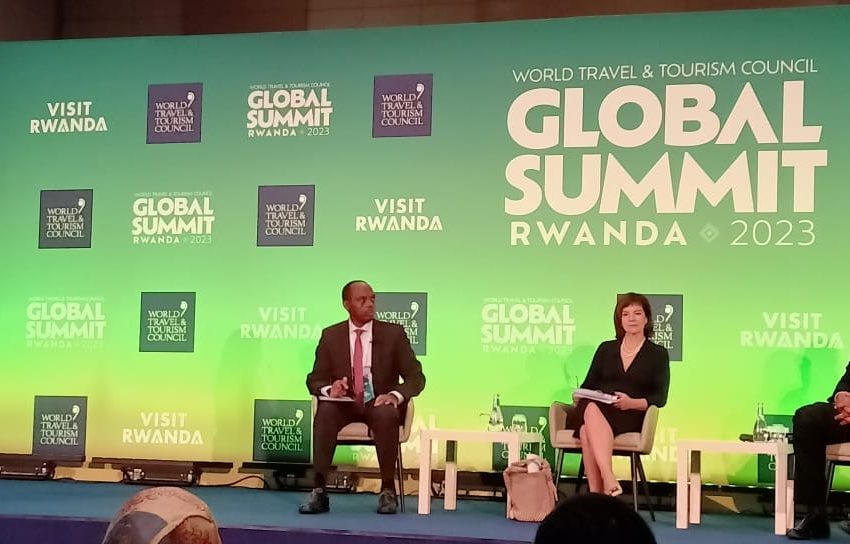Latest flight booking data from the World Travel & Tourism Council (WTTC) and its knowledge partner ForwardKeys, shows France is set to keep its pole position as the world’s most popular destination for international arrivals this year.
The research reveals a positive outlook for France’s inbound travel, with arrivals set to almost reach pre-pandemic highs this year.
During her participation at the Destination France event taking place in Chantilly and hosted by President Macron, Julia Simpson, President & CEO, WTTC, praised France for its steely focus in recognising the economic and cultural value Travel & Tourism brings in jobs and contribution to GDP. This is achieved through a strong private sector working well with government and the regions.
According to latest analysis from WTTC and ForwardKeys, international arrivals in France for the first half of 2024 are at 93% of the same period in 2019, with the nation cementing its position as the world’s most popular destination.
International arrivals to France are surging significantly in the first half of this year, providing a welcome boost to the sector, which, at its peak, contributed EUR 220 billion to the national economy, and Travel & Tourism businesses up and down the country, supporting 2.7 million livelihoods.
Julia Simpson, President & CEO, WTTC, said, “France’s commitment to Travel & Tourism is not just reflected in the impressive data, but in the unwavering efforts of the government.
“President Macron recognises the real value Travel & Tourism brings to France in terms of the economy, jobs and its standing on the world stage. His support has ensured France remains the world’s most popular destination.”
Research also shows that airlines are ramping up their capacity to match the growing demand from around the world, with the number of seats set to surpass 2019 levels this year.
Olivier Ponti, Vice President Insights, ForwardKeys, added:, “With flight bookings on the rise and air carriers set to introduce a record number of seats, France enters 2024 in a strong position.
“Capitalising on the successful hosting of the Rugby World Cup 2023 and on the growing exposure provided by the upcoming Olympic Games, the country is set to be one of most thought-after destinations this year for both regional and long-haul markets.”
This rise in passenger capacity is led by Orly Airport, with an increase of 28%, reaching nearly eight million. Charles de Gaulle remains the busiest airport in France, to reach 18.5 million in the first six months of 2024, just 3% below 2019 levels.
Paris is the world’s most powerful city destination, but in 2024, other French cities are also going to be popular attractions for foreign visitors. Nice is among the top-performing European cities, with international arrivals expected to reach 94% of pre-pandemic levels.
Paris is the world’s most powerful city destination, but Nice has emerged as one of the top-performing European cities, with international arrivals expected to reach 94% of pre-pandemic levels.
France as a destination is becoming increasingly popular amongst Spanish and Canadian travellers, with international arrivals exceeding 2019 levels by more than 64% and 54%, respectively.
Irish and South Korean travellers are returning to France in their droves, with visitor numbers up from 2019 levels by 19% and 16%, respectively.
Travellers to France are also spending more money, with bookings of premium cabins witnessing a surge of 21% compared to pre-pandemic levels in the first half of the year.
Last year, WTTC’s Economic Impact Research (EIR) revealed that the French Travel & Tourism sector is expected to grow at an average of 3% annually over the next decade, twice the 1.5% annual growth rate of the country’s overall economy, to reach more than EUR 297 billion (9.7% of the total economy).
The forecast also revealed the Travel & Tourism sector in France, is expected to create more than 555,000 jobs in the next 10 years, averaging nearly 56,000 new jobs every year, reaching nearly 3.3 million employed within the sector by 2033.






